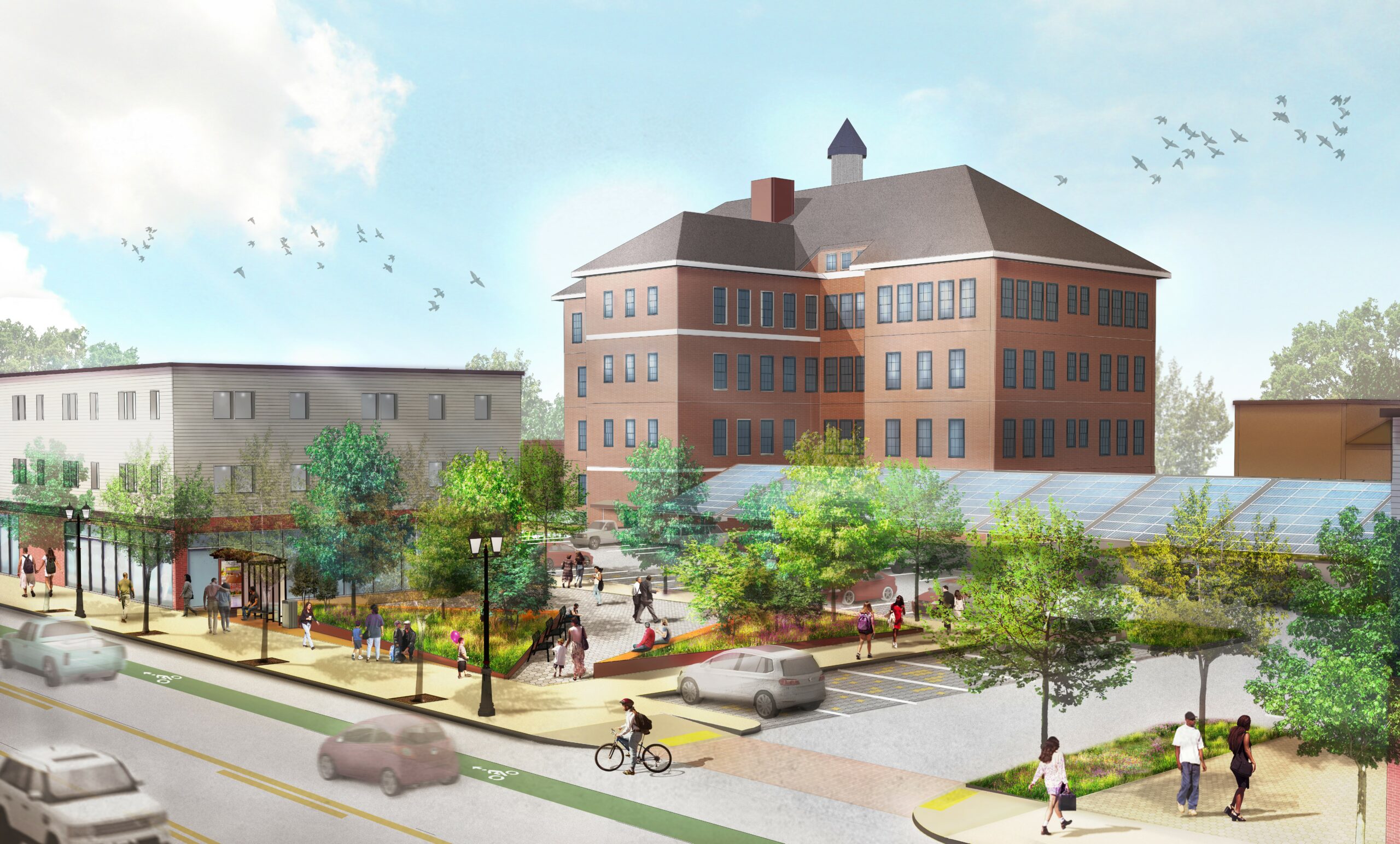The Virginia Conservation Network shared a series of updated Environmental Policy bills, refined in response to the deliberations of the Virginia General Assembly during the first week. Among the bills listed was the Southern Environmental Law Center (SELC)’s bill, Virginia Brownfield and Coal Mine Renewable Energy Grant Fund and Program; allocation of funds.
This legislative initiative aligns with broader efforts, such as the 2022 Inflation Reduction Act (IRA), offering historic coal-producing states like Virginia an unprecedented chance to revitalize their economy and embrace environmentally sustainable solutions. The IRA provides incentives for renewable energy projects on former coal mines, complementing Virginia’s Brownfield Program, which aims to restore and redevelop contaminated sites. Community solar, or shared solar, is highlighted as a transformative approach that opens up access to clean energy, especially in low-income communities.
The article emphasizes the potential for solar projects on former coal sites, citing federal funding and state-level policy changes to accelerate the transition to solar. The Southern Environmental Law Center (SELC) and partners are working on legislation to expand shared solar programs into areas not covered by Appalachian Power Company, facilitating the adoption of solar energy in more regions. The overall goal is to support the transition of coal-dependent communities to a clean energy future and create jobs and economic growth in the process. The full article about the SELC’s bill can be found here.
How might this impact our ongoing projects? Addressing the concerns surrounding shared solar projects involves recognizing other potential environmental impacts, such as the loss of pre-existing forests and reclaiming of farmland for expansive solar fields, which solves one problem but hindering another. However, a compelling solution emerges when considering former coal mines and brownfield sites. These post-industrial, generally flat, and bare areas present an opportunity to implement solar enhancements without the need to cut down forests. In fact, repurposing such lands for solar projects not only avoids exacerbating deforestation but also serves as a “win-win” scenario by revitalizing these areas. By integrating solar energy alternatives into brownfield sites, there’s a potential boost in the allocation of tax credits and grants available for project implementation. In essence, this provides additional financial support facilitated by the inclusion of solar energy. This heightened funding not only enhances the likelihood of project success but also yields broader benefits for the community and the environment at large.
SGA works closely with our clients to provide them pertinent information and opportunities, like these policies as part of our comprehensive funding strategies to advance projects to fruition. This is only one of the many impactful environmental bills the Virginia Conservation Network is tracking. To view the full list, visit their comprehensive bill tracker and show your support.






